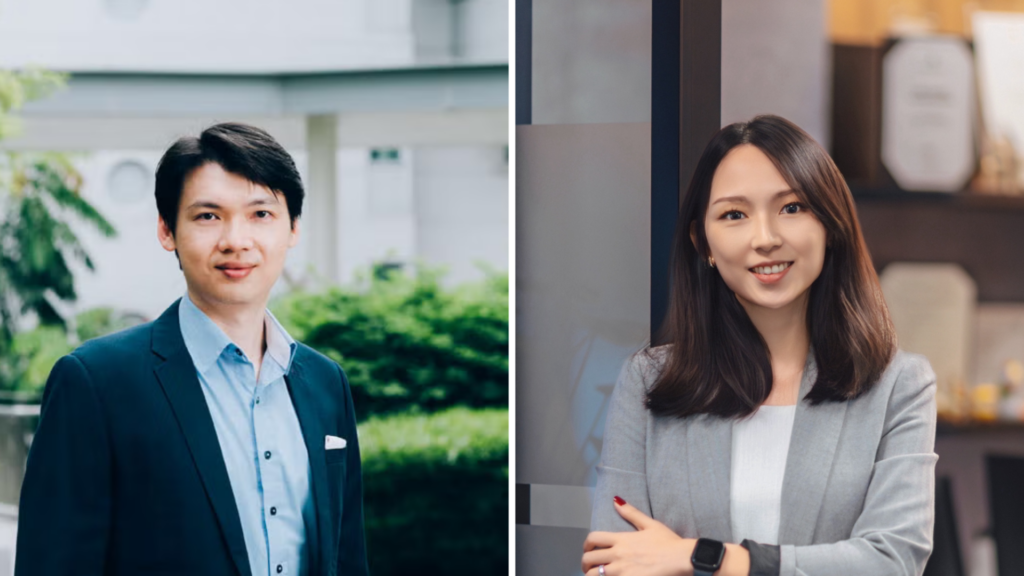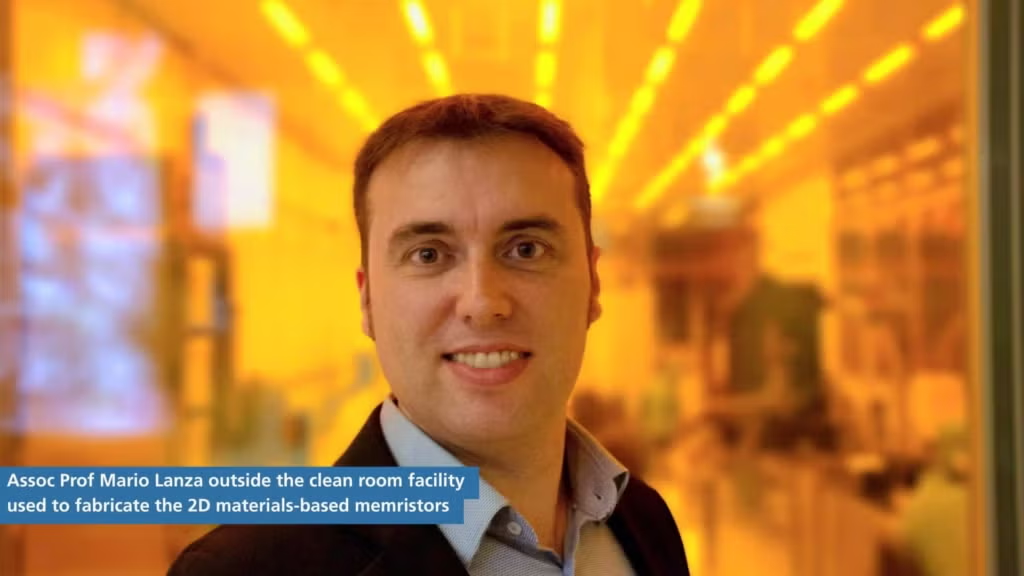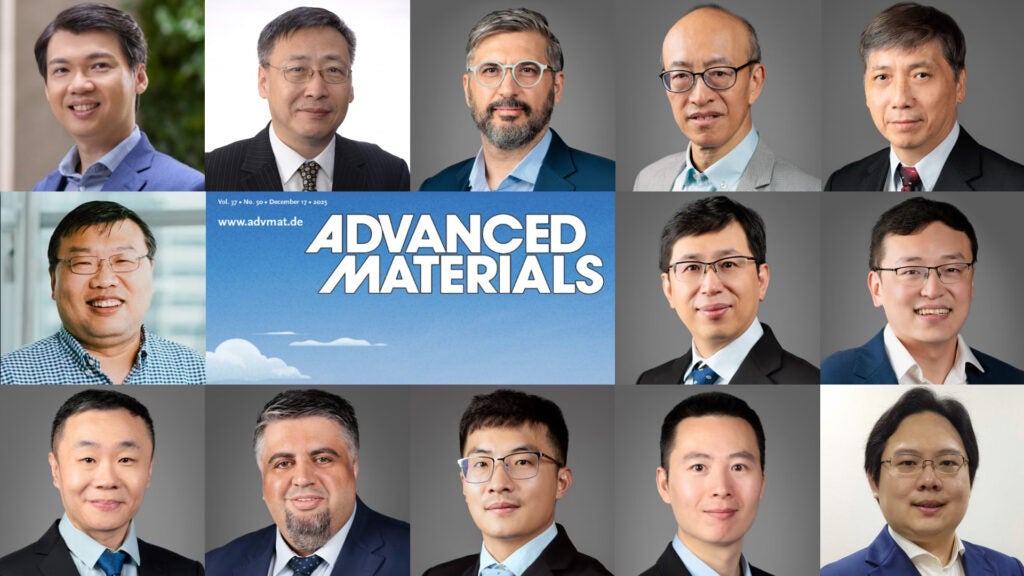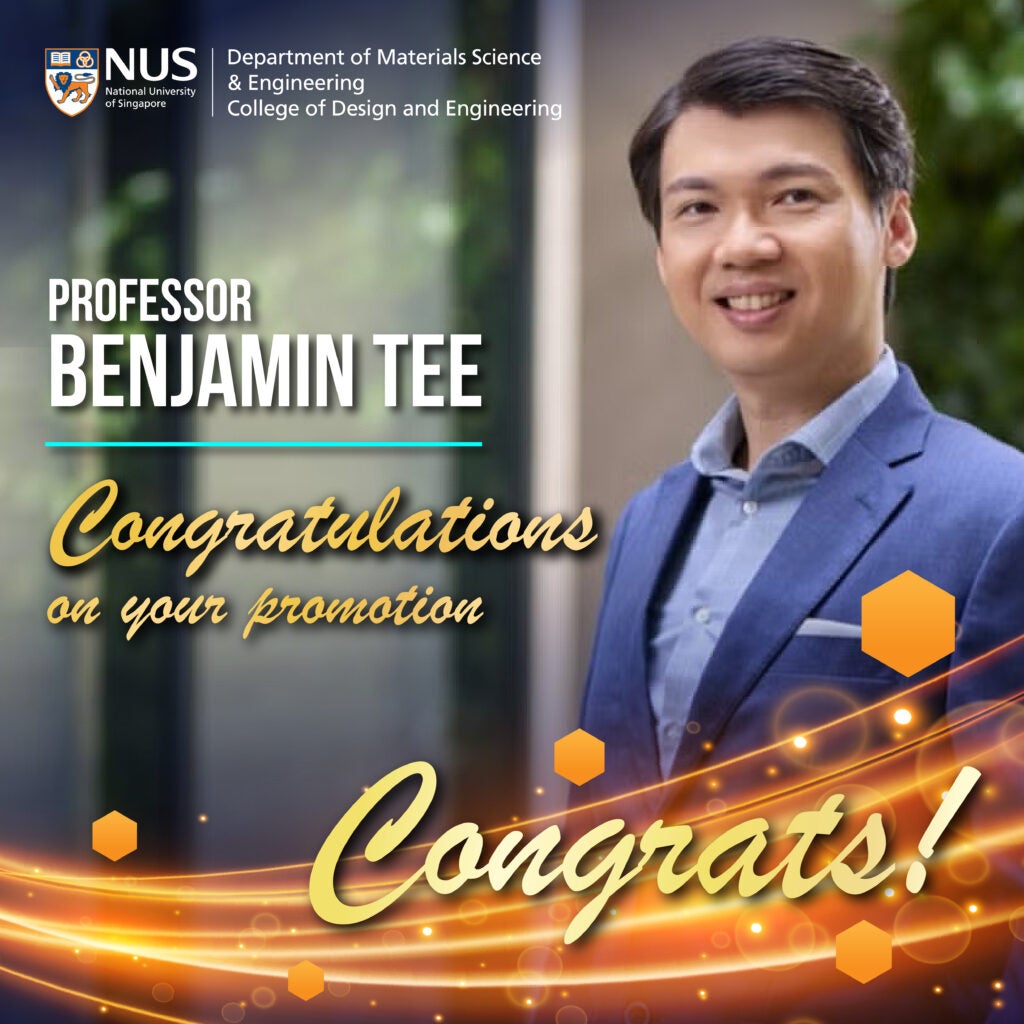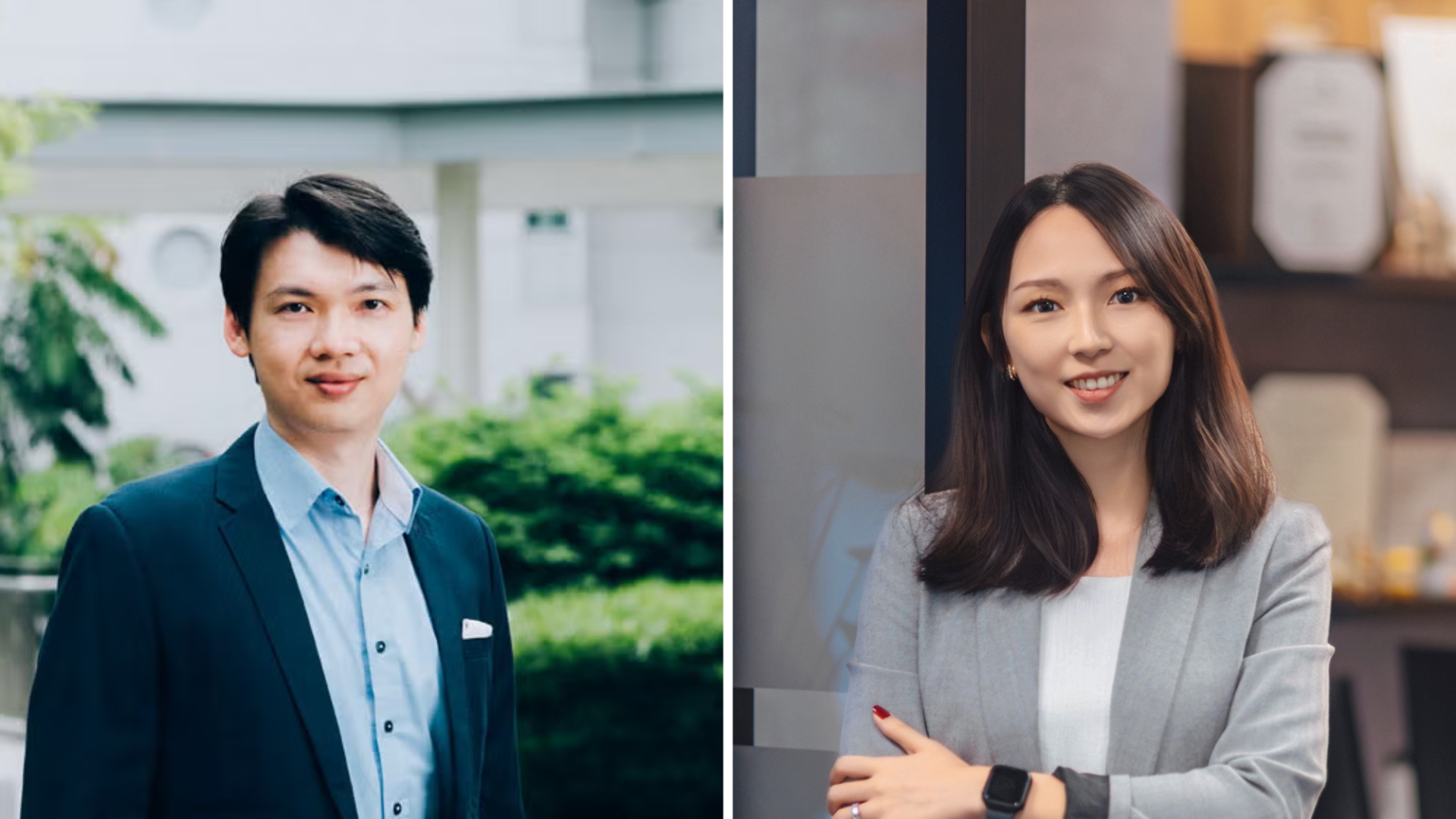
Two exceptional NUS researchers have been named in Tatler’s Gen.T Leaders of Tomorrow 2025, a prestigious list celebrating young changemakers across Asia who are shaping the future of their fields.
The NUS honourees, Associate Professor Benjamin Tee and Assistant Professor Jocelyn Chew Han Shi, embody the spirit of innovation and public impact, translating cutting-edge science into real-world solutions that improve lives.
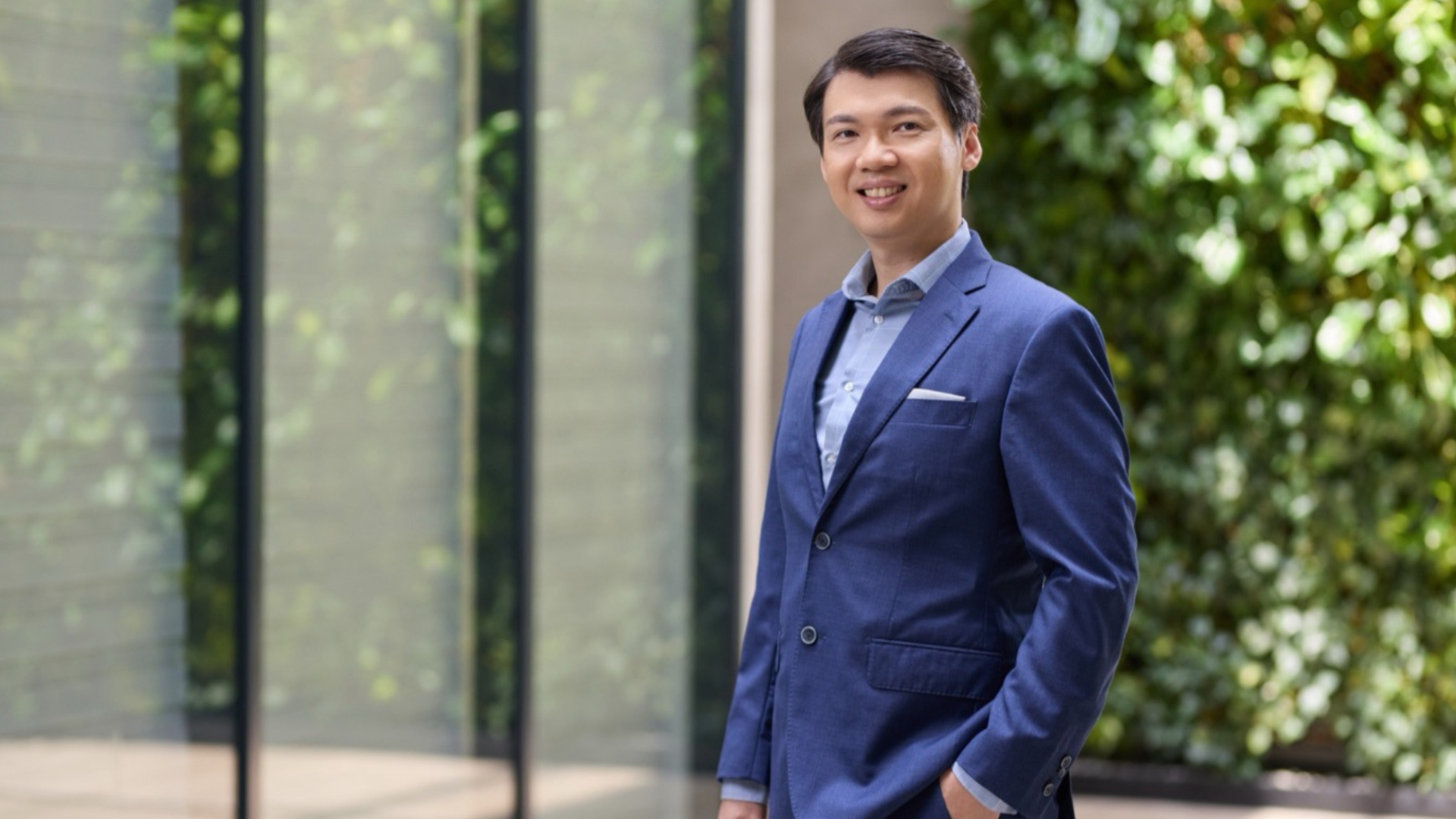
Assoc Prof Benjamin Tee: Blazing trails as an ecosystem builder, entrepreneur and materials scientist
Associate Professor Benjamin Tee from the Department of Materials Science and Engineering at the College of Design and Engineering at NUS is recognised for his entrepreneurial impact and contributions in nurturing startups.
In his role as Vice President (Ecosystem Building) at NUS Enterprise, Assoc Prof Tee drives innovation platforms and programmes such as the National Graduate Research Innovation Programme (GRIP), BLOCK71 Global Network, and the NUS Overseas Colleges programme. These platforms give tech and deeptech founders the boost they need to turn their early ideas into reality.
Balancing his role in shaping vibrant startup ecosystem in NUS, Singapore and beyond, Assoc Prof Tee has also made his mark as a successful serial entrepreneur. In 2019, he co-founded TwoPlus Fertility with a partner, combining his expertise in medical technology and passion for entrepreneurship. The company aims to assist over a million couples through at-home fertility aids, from supplements to test kits, in their journey towards parenthood.
Assoc Prof Tee has also co-founded three other start-ups: Privi Medical (acquired), Hannah Life Technologies and Tacniq.AI.
In the lab, Assoc Prof Tee is charting new frontiers in electronic skin and intelligent sensor technologies. He leads the Sensors.AI Labs, where his research bridges materials science, electronics, and advanced technologies to build devices inspired by human skin—capable of sensing, healing, and adapting.
His innovations include the development of world’s fastest sensing electronic skins, brightest stretchable and self-healing lighting device, and high-performance sensors for applications in human-robot interactions.
Assoc Prof Tee’s achievements in scientific research have earned him prestigious international recognitions, including the World Economic Forum’s Singapore Young Scientist of the year in 2019, the National Research Foundation Fellowship in 2017, and the MIT Technology Review’s TR35 Innovator (Global) in 2015. In 2021, his team’s work on healthcare sensors emerged as the International Winner of the James Dyson Foundation Prize — marking Singapore’s first global win in the award’s 17-year history.
“It is an incredible honour to be named among Tatler Gen.T’s Leaders of Tomorrow 2025 list. This recognition reflects my collaborative spirit to drive research, innovation, and enterprise from Singapore to the world. I am excited to continue advancing solutions that pushes the frontiers of technology and deliver meaningful impact on society,” said Assoc Prof Tee.
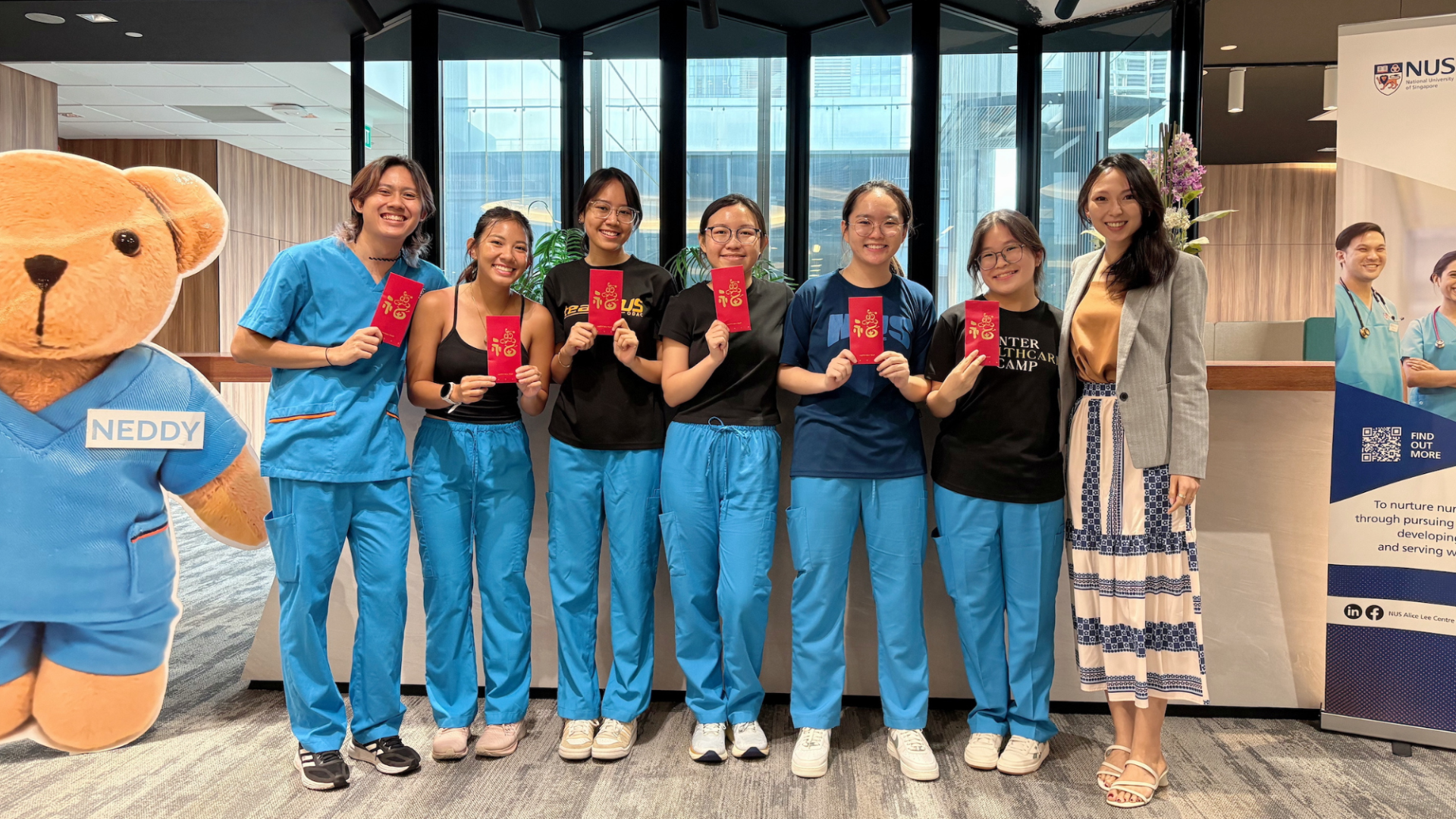
Asst Prof Jocelyn Chew Han Shi: Driving digital behavioural health and servant leadership
Assistant Professor Jocelyn Chew from the NUS Alice Lee Centre for Nursing Studies (NUS Nursing) has been recognised for her visionary work at the intersection of digital health, behavioural science, and nursing innovation.
“Being named a Tatler Gen.T Leader of Tomorrow is both an honour and a reminder of the responsibility we carry to shape a healthier, more equitable future,” she said. “At NUS, I’m privileged to work at the intersection of science, innovation, and care—where bold ideas can translate into real-world impact for the communities we serve.”
Asst Prof Chew’s academic journey at NUS is marked by three key themes: translational research, personal growth, and community inspiration.
In the realm of translational research, Asst Prof Chew has led interdisciplinary work in obesity management and cardiometabolic health. One of her flagship innovations is the Modu© app (formerly known as eTRIP) and the LIGHTER programme, which uses behavioural science, digital phenotyping and novel counselling techniques to encourage healthier lifestyle habits. In addition, she founded the Singapore Nursing Innovation Group, set up a nurse-led translational service, and has consistently worked to build platforms that empower students and clinicians to address unmet clinical needs.
According to Asst Prof Chew, her personal and professional growth has been deeply shaped by the dynamic academic environment at NUS. Balancing roles as a scientist and mother of two young children, she is grateful for her family’s support and expresses a deeper appreciation for work-life integration and servant leadership in academia.
Asst Prof Chew draws constant inspiration from her students, mentors, and colleagues across disciplines. “The collegiality and diversity of thought at NUS make it a truly energising place to work and grow,” she added.
She expressed her appreciation to colleagues and mentors including Professor Dean Ho, Adjunct Professor Ngiam Kee Yuan, Associate Professor Shefaly Shorey, Professor Wang Wenru, Professor Nick Sevdalis, Professor Roger Foo and Professor Liaw Sok Ying (Head of NUS Nursing), for generously sharing their wisdom and providing unwavering support over the years.
* Article from NUS news


